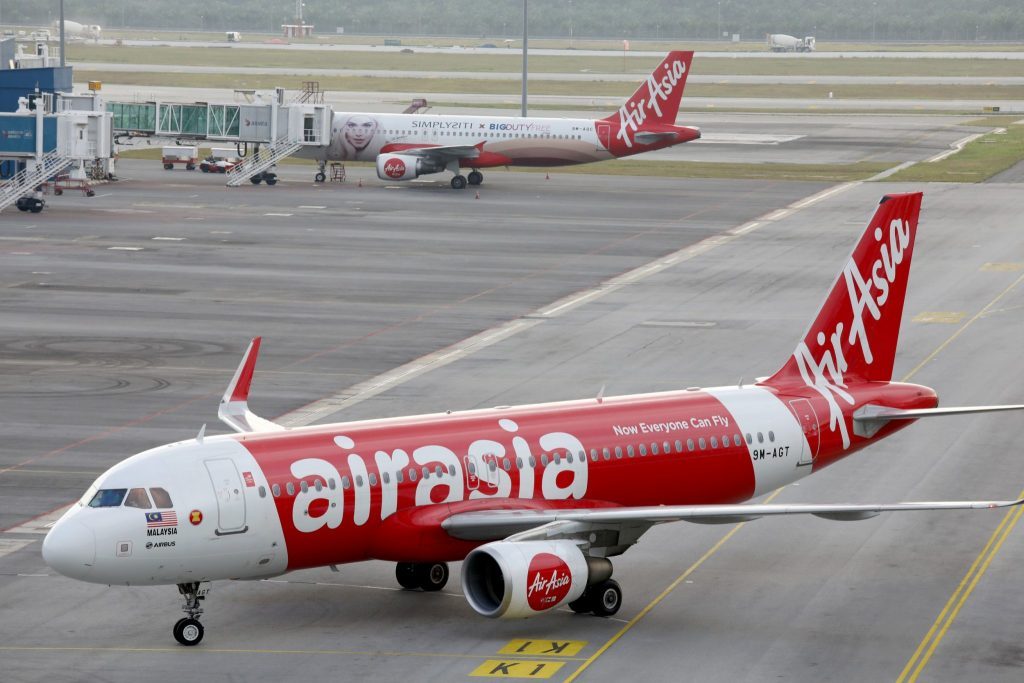The EasyJet Cabin Manager Volunteering for the UK’s National Health Service

EasyJet’s entire fleet is grounded. EasyJet

EasyJet’s entire fleet is grounded. EasyJet

JetBlue will have to offer more refunds to customers. Pictured is one of the airline’s Airbus A320 jets. Dave Montiverdi / Flickr

Air China Boeing 777-300ER aircraft taking off from Beijing Capital International Airport. Alan Wilson / Flickr

AirAsia Airbus A320-200 planes are seen on the tarmac of Kuala Lumpur International Airport 2 (KLIA2) in Sepang, Malaysia, February 4, 2020. Reuters / Lim Huey Teng

A capture of the 360-degree virtual reality visuals that hospitality staff see during their training. Pictured is the lobby of The Strand Hotel in Yangon, Myanmar. Passport to Success Myanmar

Anthem of the Seas. The ships owner Royal Caribbean Cruises had a record year in 2019 but has had to sharply pull back on advertising due to the coronavirus crisis. Royal Caribbean

Trip.com CEO Jane Sun is seeing signs of recovery in China’s domestic travel market as the coronavirus crisis subsides in the country. Trip.com
The post The Ultimate Wellness Travel Guide to Tulum, Mexico appeared first on The Blonde Abroad.

Venice’s usually overcrowded streets are now void of tourists as the coronavirus spreads to Europe, with Italy being one of the worst-hit countries. Francisco Seco / Associated Press

A Flybe aircraft in the sky. The airline has collapsed. Catherine Singleton / Flickr
We are glad that you preferred to contact us. Please fill our short form and one of our friendly team members will contact you back.